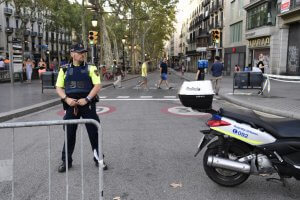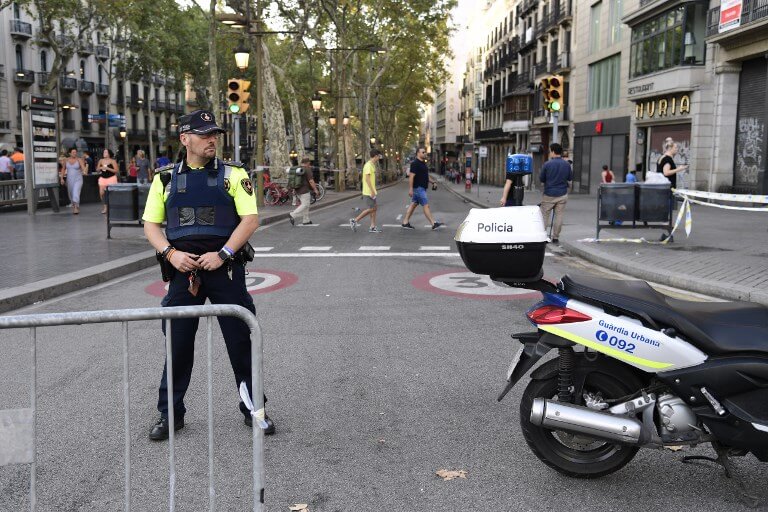Barcelona City Council has voted in favour of a motion demanding that the Spanish Congress sets up a committee of inquiry into the August 2017 terrorist attacks in Barcelona and Cambrils.
This comes less than a month after the online Público newspaper published reports claiming that Abdelbaki Es Satty, the mastermind behind the attacks, was a Spanish secret services informant who had been tracked along with other members of the terrorist cell up until right before the events. The same newspaper also asserted that Spanish intelligence helped Es Satty become an imam in Ripoll in exchange for avoiding deportation.
ALSO READ: Media debate: do Barcelona terror reports contradict?
On the other hand, the Barcelona-based La Vanguardia newspaper has said that Spain’s secret services were not aware of Es Satty’s movements before the 2017 attacks and that what transpired was pieced together by the Catalan police, the Mossos d’Esquadra, after they took place.

The motion was proposed by the two pro-independence parties, Junts per Catalunya (JxCat) and the Esquerra Republicana (ERC) party, and was backed by mayor Ada Colau‘s Barcelona en Comú party.
Colau’s coalition partners, the Catalan Socialists (PSC), voted against the motion for promoting ‘conspiracy theories’, as did Ciudadanos (Cs), the People’s Party (PP), and Manuel Valls, who view the inquiry as unnecessary and as a politically motivated means to bash Spain.
‘Their hatred towards Spain has led them to organise this embarrassing spectacle to try to link the Spanish state to the killing,’ affirmed Ciudadanos councillor Mariluz Guilarte.
The father of one of the Barcelona attacks victims, Francisco Javier Martínez, criticised the parties that voted against the motion and said that he viewed it favourably, although he appeared to doubt its effectiveness: ‘I don’t think we’ll get an answer – I think it’ll serve only so that Madrid sees that we’ve asked for another committee of inquiry, but I hope this at least makes them think about it a bit.’
Robert Manrique, of the Unit for Attention and Evaluation of those Affected by Terrorism (UAVAT), was also critical of the parties that voted against the motion. ‘At UAVAT we’ve spoken to more than 200 people affected by the attacks and not one has told us that they do not want them to be looked into.’


